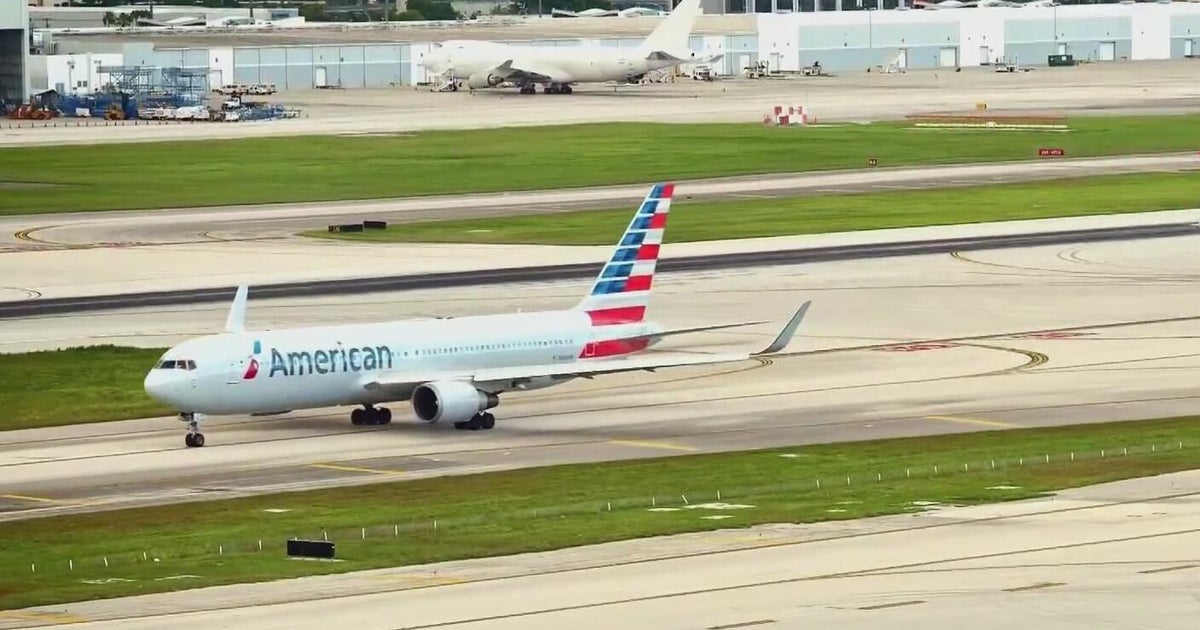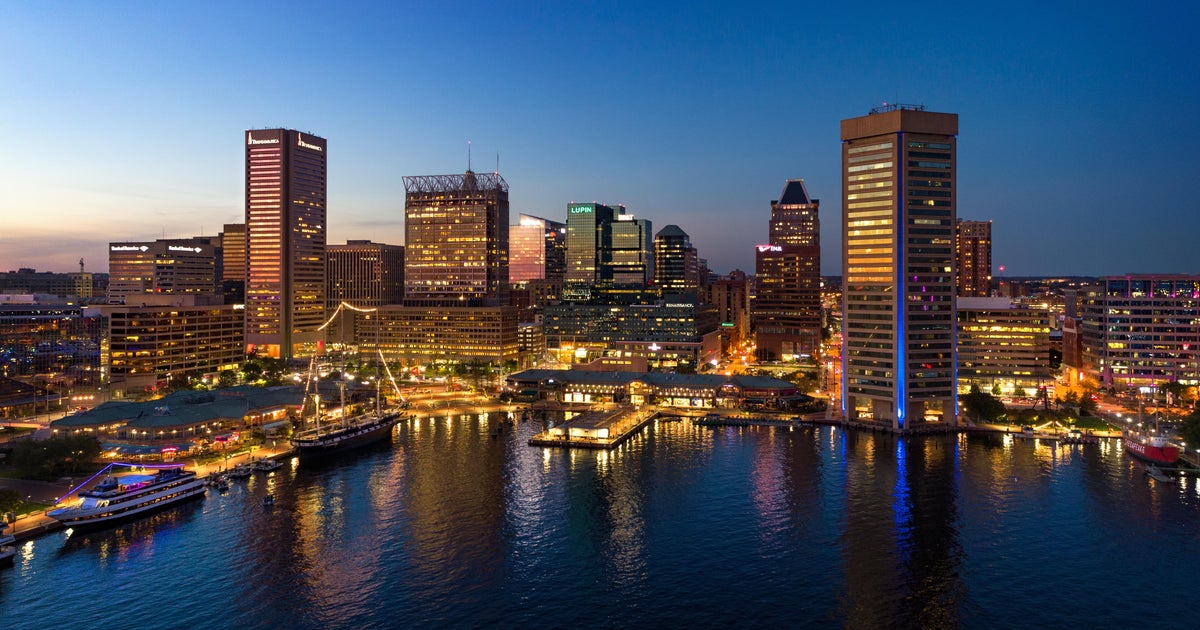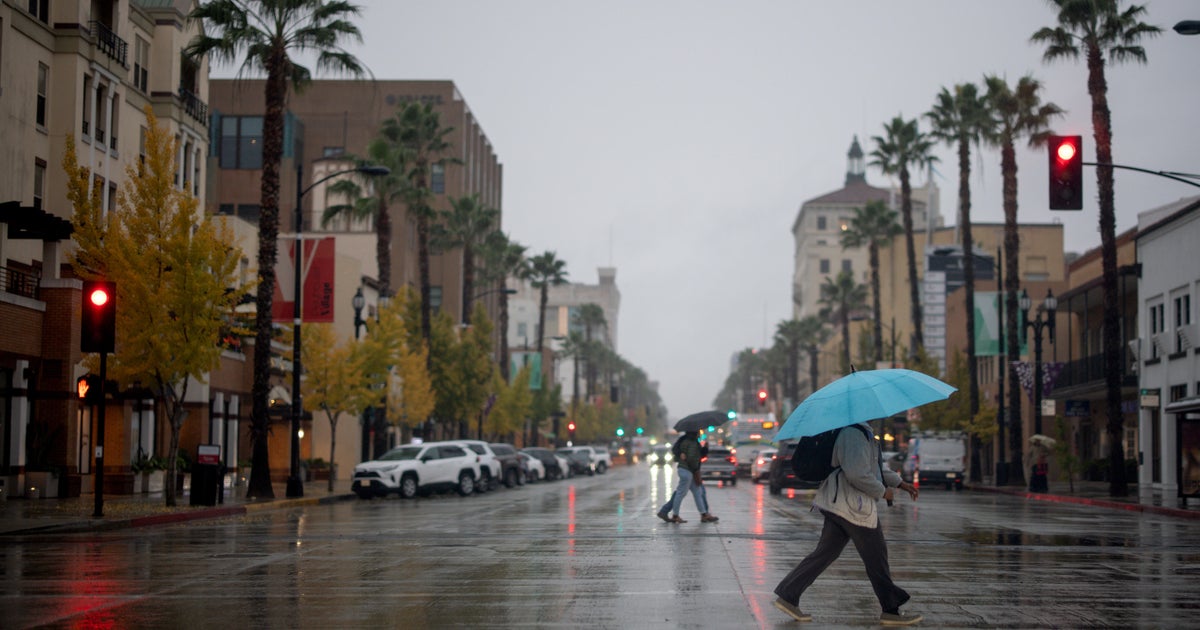BP's Costs For Spill Response Pass $3B
 BP's costs for the disastrous Gulf of Mexico oil spill climbed nearly half a billion dollars in the past week, raising the oil giant's tab to just over $3 billion for work on cleaning and capping the gusher and payouts to individuals, businesses and governments. London-based BP PLC, the largest oil and gas producer in the Gulf, released its latest tally of response costs Monday. The total of $3.12 billion was up from $2.65 billion a week earlier.
BP's costs for the disastrous Gulf of Mexico oil spill climbed nearly half a billion dollars in the past week, raising the oil giant's tab to just over $3 billion for work on cleaning and capping the gusher and payouts to individuals, businesses and governments. London-based BP PLC, the largest oil and gas producer in the Gulf, released its latest tally of response costs Monday. The total of $3.12 billion was up from $2.65 billion a week earlier.
The figure does not include a $20 billion fund for Gulf damages BP created last month.
As BP continued drilling relief wells that are the best hope for plugging the blown-out well, a giant new oil skimming vessel was tested in the Gulf. But lousy weather means it may be longer than first hoped before officials know if it can work full-time sucking crude from the sea.
The Taiwanese skimmer dubbed "A Whale" has been able to show off its maneuverability during a weekend test in a 25-mile-square patch of water just north of the site where an April 20 explosion on the Deepwater Horizon killed 11 workers and started the worst oil spill in Gulf history.
TMT, the shipping firm that owns the vessel, had hoped to test a containment boom system designed to direct greater volumes of oily water into the 12 vents or "jaws" that the ship uses to suck it in, according to spokesman Bob Grantham.
But lingering bad weather in the form of stiff winds and choppy seas has made that impossible, and prevented a flotilla of smaller skimmers from working offshore along the coasts of Alabama, Mississippi and Florida.
"As was the case yesterday, the sea state, with waves at times in excess of 10 feet, is not permitting optimal testing conditions," Grantham said in an e-mail Sunday.
The skimmers, which have been idle off the coasts since a spell of bad weather last week kicked up by Hurricane Alex, were on the water along the Louisiana coast over the weekend. Officials with the U.S. Coast Guard are waiting for the weather to improve before sending them out elsewhere.
"We've got our guys out there and they're docked and ready, but safety is a huge concern for us, especially with the smaller vessels," said Courtnee Ferguson, a spokeswoman for the Joint Information Command in Mobile, Alabama.
On Sunday, huge barges used to collect oil from skimming vessels were parked at the mouth of Mobile Bay, waiting for conditions to subside as waves rose to about 5 feet high offshore.
The current spate of bad weather is likely to last well into next week, according to the National Weather Service.
"This should remain fairly persistent through the next few days, and maybe get a little worse," meteorologist Mike Efferson said.
So far, weather has not slowed drilling on two relief wells meant to finally plug the spill. BP officials have said they're running slightly ahead of schedule on the drilling, but expect weather or other delays.
Early to mid-August is still the timeframe for the completion of the drilling.
Along with the drilling, the capture and burning of oil and gas at the site of the leaking well has gone on without interruption from the weather. But the choppy seas have delayed the operation of another vessel that officials say will roughly double the amount of oil being collected or burned.
The Helix Producer is supposed to connect with the leaking well by a flexible hose that will help it disconnect and reconnect quickly if a hurricane or other major storm forces an evacuation of the site.
Coast Guard officials say they're hoping to have the Helix Producer connected to the well and collecting oil by Wednesday.
No Holiday Break for Clean-up Crews
On this long Fourth of July holiday weekend there's no break for clean-up crews on Grand Isle's beach. This island's trying to celebrate the holiday, but for the Mayberry family, the oil crisis changes the mood.
"It is hard - it's weird to see Grand Isle so dead, without anyone, because the past years it's always been full of people," Maggie Mayberry told CBS News correspondent Mark Strassmann.
Kathy Mayberry said, "It's upsetting as a mother, wondering if our lifestyle will be forever changed."
And on Grand Isle's beach, a new BP machine actually scrubs oil from sand. Work begins tomorrow.
BP Project Engineer Chris Lunsford said it should clean about 50 tons a day.
"Anything on that scale ever been tried before?" asked Strassmann.
"We've never had this much oil before on the beach, so, no," he said.
Grand Isle families know that as well as anyone - and worry what their community will look like by next year's Fourth of July.
"What I hope happens is that there's a solution found to the oil and that we can continue to come here as a family and make more memories," said Kathy Mayberry.
© MMX, CBS Interactive Inc. All Rights Reserved. This material may not be published, broadcast, rewritten, or redistributed. The Associated Press contributed to this report.







